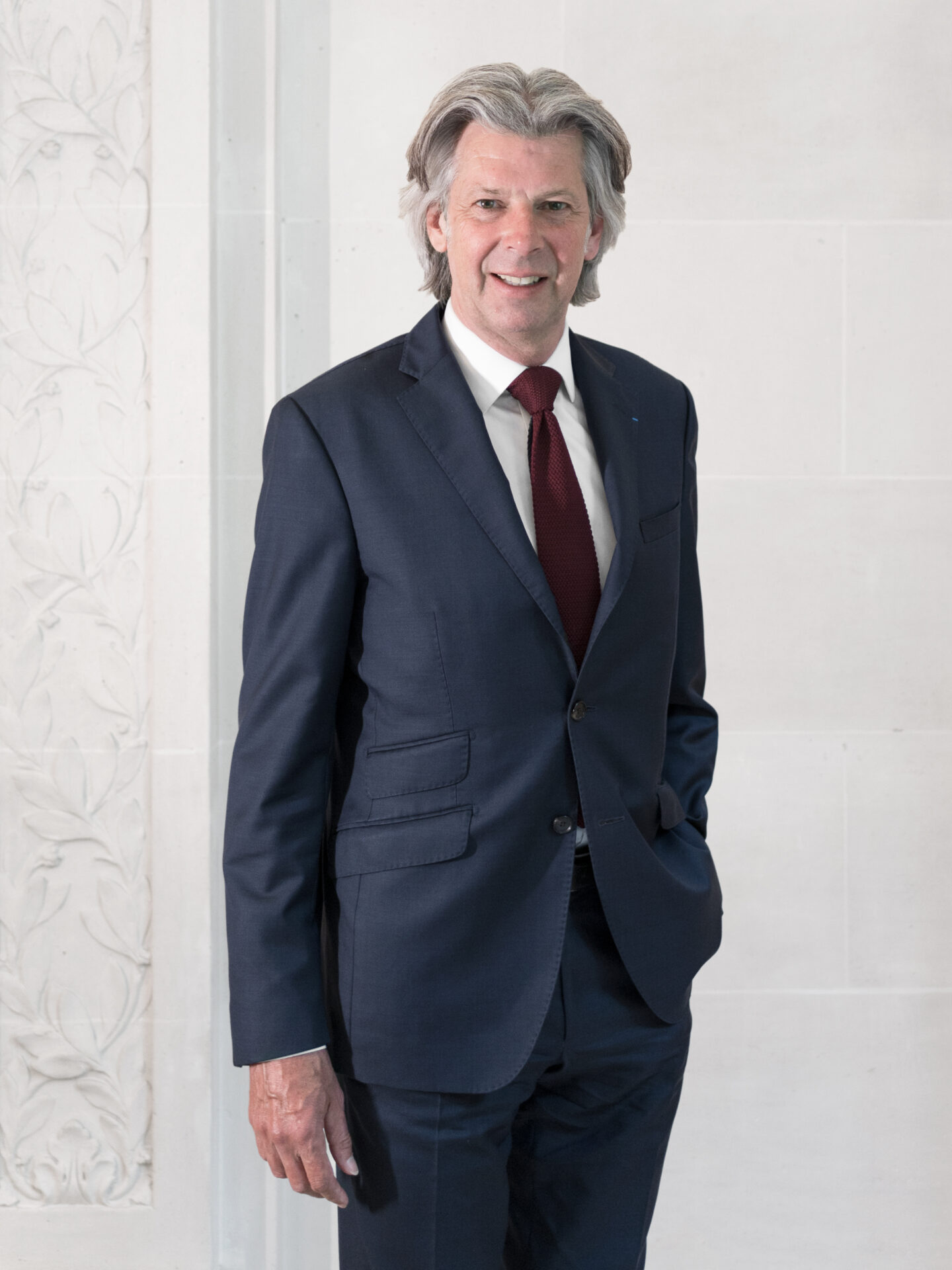By Jean Baptiste Guillot, Partner and Virginie Molho, Counsel
The impact on professional sport of the law aimed at democratizing sport in France
Published in the Official Journal of the French Republic on March the 3rd 2022, the law n°2022-296 of March 2nd aiming to democratize sport in France (the “Law”) had been awaited for more than three years by the sports movement.
Initially composed of eleven articles, this law now contains fifty-nine articles, and is organized as follows:
- Title I relating to the development of the practice for the greatest number (articles 1 to 28 of the Law)
- Title II relating to the renewal of the governance framework of federations, their decentralized bodies, professional leagues and representative and conciliation bodies (articles 29 to 44 of the Law).
- Title III relating to the sport business model (articles 45 to 59 of the Law).
The purpose of this article is to unveil more precisely the consequences of the Law on professional sport.
Title III of the law gives concrete form to the long-awaited advances by the players of professional sport:
- Legislative recognition of the platform to fight against the manipulation of sports competitions,
- The possibility for professional leagues to create commercial companies for the marketing and management of the exploitation rights of the sports events or competitions they organize,
- The possibility for sports companies to form cooperative companies of collective interest, and
- The extension from three to five years of the duration of the first contract for young professional athletes.
Legislative recognition of the platform to fight against the manipulation of sports competitions
The national platform for the fight against the manipulation of sports competitions, which has existed for several years, and which aims to secure the exchange of information with foreign platforms during major international sports events, is now enshrined in law (article 46 of the Law creating a chapter V “Platform for the fight against the manipulation of sports competitions” in Title III of the Book III of the Sport Code).
The missions of the national platform to fight against the manipulation of sports competitions are specified, as well as the prerogatives of its members.
The platform is chaired by the Minister of Sports (new articles L. 335-1 to L.335-3 of the Sport Code).
In addition, the National Gaming Authority (ANJ) has been given new powers to protect sports competitions and authorized operators. The latter can now block illegal betting sites by administrative rather than judicial blocking.
Thus, the president of the ANJ will be able to set a blacklist of sites that will have to be blocked by Internet service providers (article 49 of the Law, amending article 61 of Law n° 2010-476 of May 12, 2010 on the opening up to competition and the regulation of online gambling).
The possibility for professional leagues to create commercial companies for the marketing and management of the exploitation rights of the sports events or competitions they organize
The usefulness of allowing the professional soccer league to create a commercial company had been the subject of a proposal within the framework of the Information Report n° 437 by Senators Jean-Jacques Lozach and Clause Kern, filed on behalf of the Senate’s Committee on Culture, Education and Communication, on February 22nd 2017. The above-mentioned Senators had concluded in their proposal n°16 of the interest to open this possibility without the commercial company substituting itself to the league which had to keep its role to distribute the incomes and exercise its sovereign competences.
Indeed, the development of French professional team sports requires increasing the leagues’ capacity to increase their resources. However, the associative structure of professional leagues can be a disadvantage since associative governance often makes decision-making difficult and the secrecy of deliberations in this type of structure is not necessarily respected by all the players.
The transformation of the league into a commercial company, based on the English model, was ruled out because it would mean handing over to the sports federations the governing powers of the professional leagues; the members of Parliament therefore opted for a “German-style” development with the creation of a subsidiary responsible for negotiating commercial rights.
Members of Parliament have thus opened up the possibility for professional leagues to create a commercial company, backed by an investment fund, to manage sports rights. This provision aims to respond to the difficulties experienced by professional clubs and to ensure their financial sustainability, at a time when their model is threatened by the international health crisis and its consequences.
More specifically, it allows leagues to set up a commercial company to sell and manage the commercial rights of the events they organize, subject to the agreement of the delegating federation. The articles of association of this company must be approved by the relevant federation and the Ministry of Sports. The league must hold at least 80% of the company's capital and voting rights.
It is specified that the right to agree to the organization of bets on sporting events organized by the professional league is excluded from the scope of the operating rights that may be entrusted to the commercial company.
Regarding the professional soccer league (LFP), following a competitive process and a detailed review of the firm offers received, the LFP Board of Directors decided on March 18, 2022 to enter into exclusive negotiations with the investment company CVC. This transaction would allow LFP to sell 13% of the new commercial company for 1.5 billion euros, valuing the commercial company at 11.5 billion euros.
The possibility for sports companies to incorporate as cooperatives societies of collective interest
The Law includes in the Sport Code a seventh form of sports company, the cooperative company of collective interest (article 52 of the Law completing article L. 122-2 of the Sport Code), a form of company used since 2019 by Sporting Club de Bastia which plays in Ligue 2 (2nd Division).
It is recalled that prior to the Law, sports companies could opt for one of the following six forms provided for in article L. 122-2 of the Sport Code (since Law n°2012-158 of February 1st 2012):
- a société à responsabilité limitée with only one partner, known as an entreprise unipersonnelle sportive à responsabilité limitée(EUSRL) ;
- a société anonyme à objet sportif(SAOS) ;
- a société anonyme sportive professionnelle (SASP) ;
- a société à responsabilité limitée ;
- a société anonyme ;
- a société par actions simplifiée.
As a reminder, the EUSRL has only one partner, the sports association, and its profit is obligatorily allocated to the constitution of reserves. The capital of the SAOS is held for at least a third by the sports association and its profits, except in certain particular cases, cannot be distributed. The SASP can distribute dividends to its shareholders and remunerate the members of its management bodies.
The cooperative company of collective interest (SCIC) was created by the law n° 2001-624 of July 17, 2001 bearing various provisions of social, educational and cultural nature (DDOSEC law). The SCIC can be constituted either by the direct creation of a new company (in the form of an SA, SAS or SARL), or by the transformation of an existing company or association.
The SCIC is a commercial company with variable capital whose social object concerns the production of goods or the supply of services of collective interest, which presents a character of social utility.
The SCIC must include at least three categories of persons among its associates:
- the persons who usually benefit, for free or against payment, from the activities of the cooperative,
- the employees or, in the absence of employees, the producers of goods or services of the cooperative, and
- the third category of members is very broad since it concerns any physical or legal person who contributes to the activity of the cooperative, any person who benefits from the activities of the cooperative, any person wishing to participate voluntarily in its activity or any public person including a local authority.
In accordance with the operating principle of any cooperative, each member has one vote at the general assembly of the company, even if a distribution by college is also possible, knowing that in this case no college can hold more than 50% of the votes.
The SCIC has a distinctive purpose: the production of goods and services of collective interest which must be of social utility. This notion, defined in article 2 of Law n° 2014-856 of July 31st 2014, defines four types of action: support for people in fragile situations; preservation and development of social ties; contribution to education; and contribution to sustainable development and energy transition.
Among the advantages of the SCIC status for sports associations is the hybrid nature of the system, which combines the advantages of a traditional commercial company with those of an associative structure serving a common interest, in accordance with the values of sport. In addition, the possibility for local authorities to participate in and subsidize SCICs is also an asset of this system.
For example, the Sporting Club de Bastia created a SCIC at the end of 2019, which allowed the founders (38% of the votes of the board of directors), supporters (20%), employees and former employees (10%), the municipalities of Bastia, Porto-Vecchio and Campile (10%) as well as local economic actors (22%) to participate in the capital.
The extension of the duration of the first contract for young professional athletes from three to five years
Article L. 211-5 of the French Sports Code sets out the obligations of training organizations and young athletes in the context of their training.
Its first two paragraphs provide for the mandatory signature of an agreement between the young player and the organization, which determines the duration, level and terms of the training.
The third paragraph provides that at the end of the training, if the athlete intends to practice the sport in which he or she has been trained on a professional basis, the beneficiary of the training may be obliged to sign a professional sportsman's employment contract with the association or company to which the training center belongs, the duration of which may not exceed three years.
From now on, the first professional contract offered by a training club may be extended from three to a maximum of five years, if an agreement between the social partners of the discipline provides so. A decree must set the conditions (article 47 of the Law completing article L. 211-5 of the Sport Code).
This measure, which has long been awaited by clubs, aims to protect training clubs (first clubs) from the flight of players to foreign countries, in particular; the implementation of this measure nevertheless requires a collective agreement.
Supervised use of smoke bombs in sports venues
Article 54 of the Law modifying article L.332-8 of the Sport Code aims at differentiating the regulated use of smoke devices in sports venues from uses that are dangerous or prohibited by the authorities.
Thus, by way of derogation and for a period of three years, the prefect will be able to authorize the controlled use of pyrotechnic devices during a sporting event, at the request of the organizer of the event and the owner of the sports venue, provided that the safety conditions of people and property are preserved. The mayor of the municipality where the venue is located must be informed of the issuance of this authorization. This measure responds to a recurrent request from soccer supporters' associations.
Furthermore, the introduction, possession or use of rockets or fireworks of any kind (such as smoke bombs) or the introduction of objects likely to constitute a weapon in a sports venue during the public broadcasting of a sports event are now more heavily punished, the perpetrators of these offences being liable to a fixed fine of €500 (second class fine). This measure is intended to be an adapted and individualized penal response to counter the phenomena of violence in stadiums which have increased in France this season.
Conclusion :
We believe that the Law contains positive advances even though some expectations of professional sport have not been met, such as:
- The revision of the device related to the commercial exploitation of the image, name and voice of professional athletes and coaches defined in article 17 of Law n° 2017-261 of March 1st, 2017 aimed at preserving the ethics of sport, strengthening the regulation and transparency of professional sport and improving the competitiveness of clubs, Decree n° 2018-691 of August 1st, 2018 and the interministerial instruction of July 2nd, 2019). Indeed, it is appropriate to revise the existing system, which is not attractive and applicable in complete safety for clubs, athletes and their coaches. During the examination of the bill, the Senators voted an article aiming at restoring the right to the collective image (DIC) as it existed until 2010, article which was removed by he Parliament, which we regret.
- The creation of a concrete measure to support sports sponsorship in the form of a transitional tax credit on sponsorship contracts aimed at supporting professional clubs in this period of sponsor disengagement due to the international health crisis.
- The legalization in France of virtual advertising provided for by the Directive of the European Parliament and the Council "Provision of Audiovisual Media Services" of November 14, 2018, which could also be a source of revenue for clubs and organizers of sports competitions. Virtual advertising is "the use of virtual techniques to insert advertising messages, in particular during the broadcasting of sporting events, by virtual replacement of existing advertising panels on the field or by inlaying new images (where appropriate, three-dimensional)" and that this process is notably authorized in England and Germany.

Jean-Baptiste Guillot
Partner
Jean-Baptiste Guillot handles mergers and acquisitions, strategic partnerships, commercial law, company law and contract law matters, with a particular focus on international transactions for Canadian, British and French companies.

Virginie molho
Counsel
Virginie has acquired a solid expertise in sports law allowing her to support players in the sports industry in all types of legal issues in commercial law, company law, association law and social law applied to sport.




